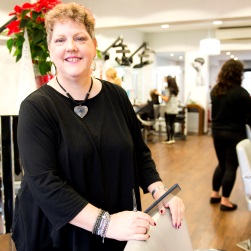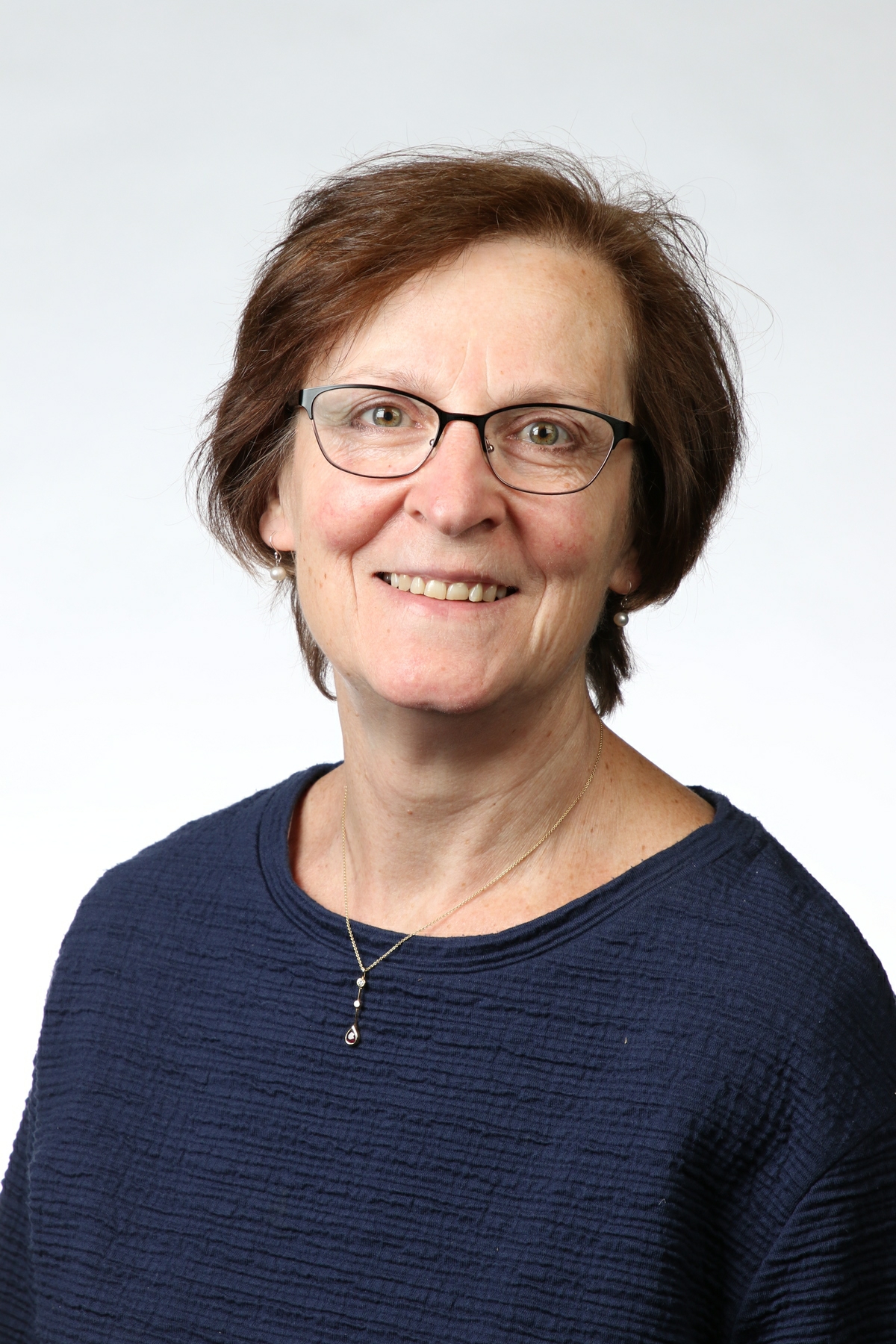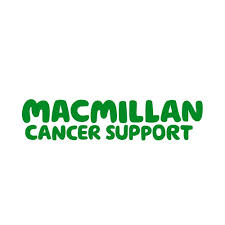
Help cancer research
In England, more than 185 people volunteer to take part in cancer studies everyday. There are hundreds of studies currently looking for members of the public to take part right now on Be Part of Research.
Use the links below to go straight to studies for different forms of cancer:
- Bone cancers
- Blood cancers
- Skin cancers
- Brain cancers
- Head and neck cancers
- Endocrine cancers
- Mouth and throat cancers
- Bowel and stomach cancers
- Lung cancers
- Liver cancers
- Kidney and bladder cancers
- Pancreatic cancers
- Testicular cancers
You can also take part in studies that specifically look at cancer treatments and tests.
Thanks to people like you taking part in vital cancer research, we are able to continuously find new ways to improve the prevention, diagnosis and treatment of this disease.
Prostate cancer research
Peter Glass from Berkshire was diagnosed with prostate cancer a month before losing his brother to the condition. After taking part in an NHS drugs trial, he's urging others to consider volunteering for research. Peter took part in a trial of a new prostate cancer drug at the Royal Berkshire Hospital and completed his eighth half marathon in March.
The father-of-one, diagnosed aged 63 in May 2010, said: “The diagnosis was an awful shock. My parents both lived into their 90s, but at 63 I suddenly started thinking that I might only last another three to five years.” Peter shares his story in this video.
(Video courtesy of NIHR Clinical Research Network Thames Valley and South Midlands)
Find prostate cancer studies that are looking for volunteers to take part.
Tonsil and back of the tongue cancer study looking for volunteers
Background
The number of cases of cancers arising from the tonsil and back of the tongue is rising worldwide. This is known as Oropharyngeal cancer.
Even when this type of cancer is large or has spread to lymph nodes in the neck (called locally advanced cancer), it usually responds well to treatment and most people are cured.
However, treatment with radiotherapy combined with chemotherapy can cause severe side effects during treatment. In the long-term this has the potential for significant harmful impact on quality of life.
About the study
This study is looking for both men and women who have been diagnosed with local and advanced oropharyngeal cancer.
It will investigate whether proton beam therapy (a newer form of radiotherapy) can reduce side effects and improve your quality of life compared with standard radiotherapy (called intensity-modulated radiotherapy).
Proton beam therapy can be directed more precisely than standard radiotherapy. It’s already been carried out in the USA and found to be a safe treatment and is thought to cause less damage to normal tissues.
Taking part – what you need to know
This is the first ever proton beam therapy trial to take place in the UK. Recruitment starts on Saturday 15 February. The study is open to men and women who have been diagnosed with oropharyngeal cancer.
About 183 patients will take part in the study:
- Approximately 122 patients will receive proton beam therapy at an NHS proton centre in Manchester or London.
- The other 61 patients will receive intensity-modulated radiotherapy at their nearest study recruitment hospital.
The study is based over a number of hospital sites including; Cardiff, Coventry, Birmingham, Bristol, Bath, Leeds, London, Manchester, Nottingham, Newcastle-upon-Tyne, Portsmouth, Port Talbot, Sheffield, Southampton, Torquay, Worcester and York. See the full list of hospital locations.
Funding and costs
The NHS will provide accommodation for the duration of treatment for patients receiving protons and additional funding has been obtained for patient/carer travel costs.
What will I be expected to do?
Patients accepted onto the trial will be asked to complete a quality of life questionnaire at the beginning, one during treatment and one during 5 years of your normal clinical follow-up.
Breast cancer research
A hairdresser who lost her mother to breast cancer is taking part in an international research trial in the NHS after being diagnosed with the condition. She volunteered for the POSNOC trial at Milton Keynes University Hospital (MKUH) after being diagnosed following a routine check-up in June 2017. Read her story by clicking on her photo.
"I was diagnosed in 2011, eight months after my mother passed away from cancer. My treatment consisted of surgery, chemo and radiotherapy, and hormonal treatment for five years. Side effects of my cancer treatment have left me with lymphoedema, osteoporosis and galloping osteoarthritis. All of which have affected my day to day life and the hobbies I used to enjoy. If, as patients we don't get involved, then who will? We CAN make a difference - by all working together to achieve the right results."
Clare Wheatley, West Midlands
Find breast cancer studies currently looking for volunteers.
Blog
Paving the way in cancer research - NIHR Blog
Dr Pippa Corrie reflects on how patient involvement, a diverse research portfolio, innovative precision medicine, and investment in research trainees has revolutionised changes in cancer research.
Pippa is Consultant and Associate Lecturer in Medical Oncology and NIHR Clinical Research Network National Specialty Lead.
UK Cancer charities
There are hundreds of cancer charities across the UK operating at both local, regional and national level.
All cancers
Cancer Research UK is the world’s leading independent cancer charity dedicated to saving lives through research, influence and information. Their vision is to bring forward the day when all cancers are cured. In the 1970s, less than a quarter of people with cancer survived. But over the last 40 years, survival has doubled – today half will survive. Cancer Research UK’s ambition is to accelerate progress and see 3 in 4 people surviving the disease by 2034.
Blood cancer
In 1974 Shirley Nolan set up the world’s first register to match donors with people in desperate need when her three-year-old son Anthony urgently needed a bone marrow transplant. The charity now matches individuals willing to donate their blood stem cells or bone marrow to people with blood cancer and blood disorders who desperately need lifesaving transplants. There are now 759,394 people on their register for over 2,000 people who need a match each year.
Cancer support
Founded in 1911, Macmillan Cancer Support has grown to be the UK’s leading source of cancer support, helping more and more people living with cancer. Their aim is to continually improve the experience of cancer. They support people from diagnosis, through their treatment and beyond and offer emotional, physical and financial support.
Next steps
- We've pulled together a list of questions you'll want to ask the study team or your GP before you take part.
- Find out what happens on a study and who will support you throughout the study
- We've got two short videos which give more background information about why taking part is important.









